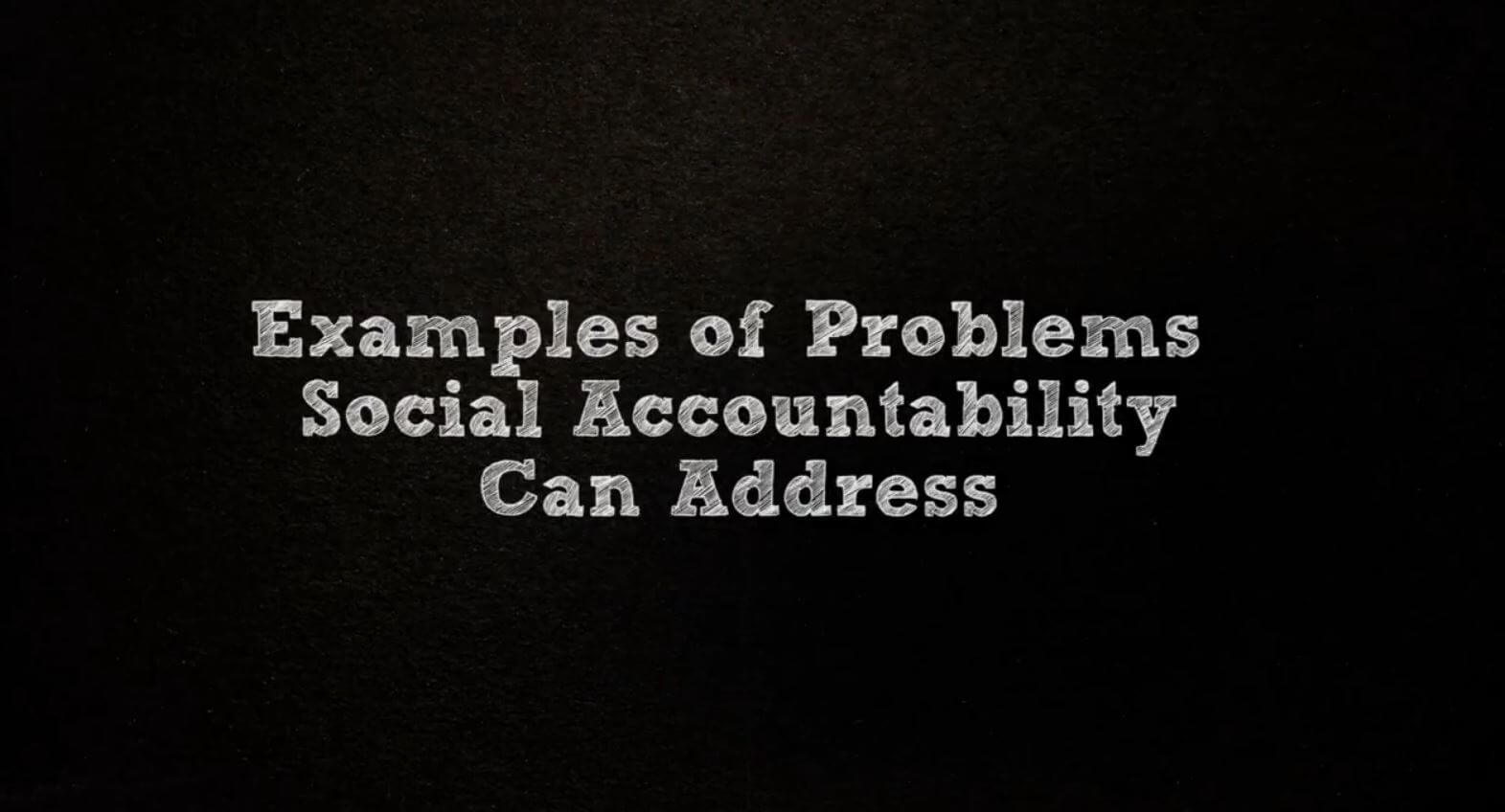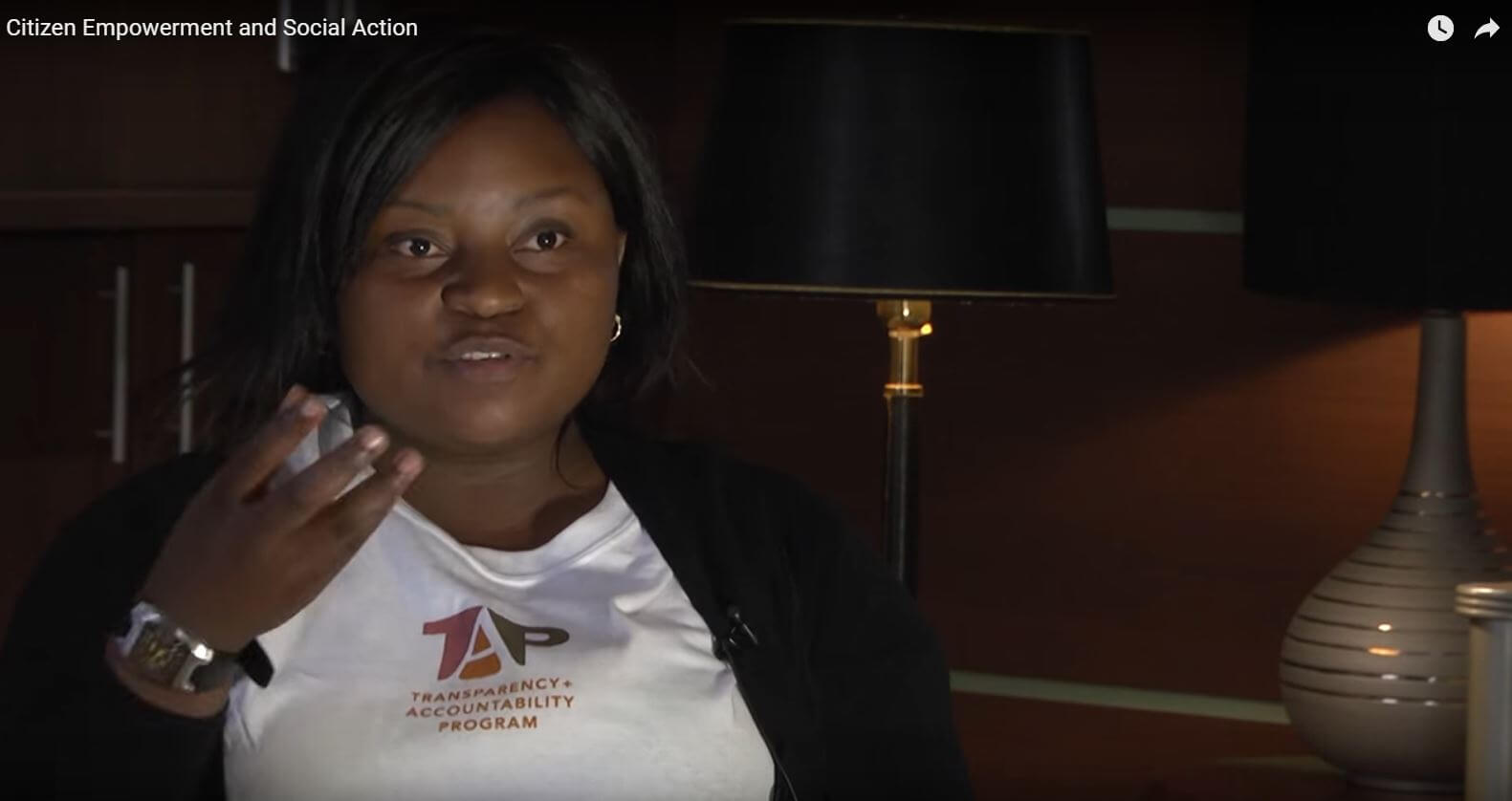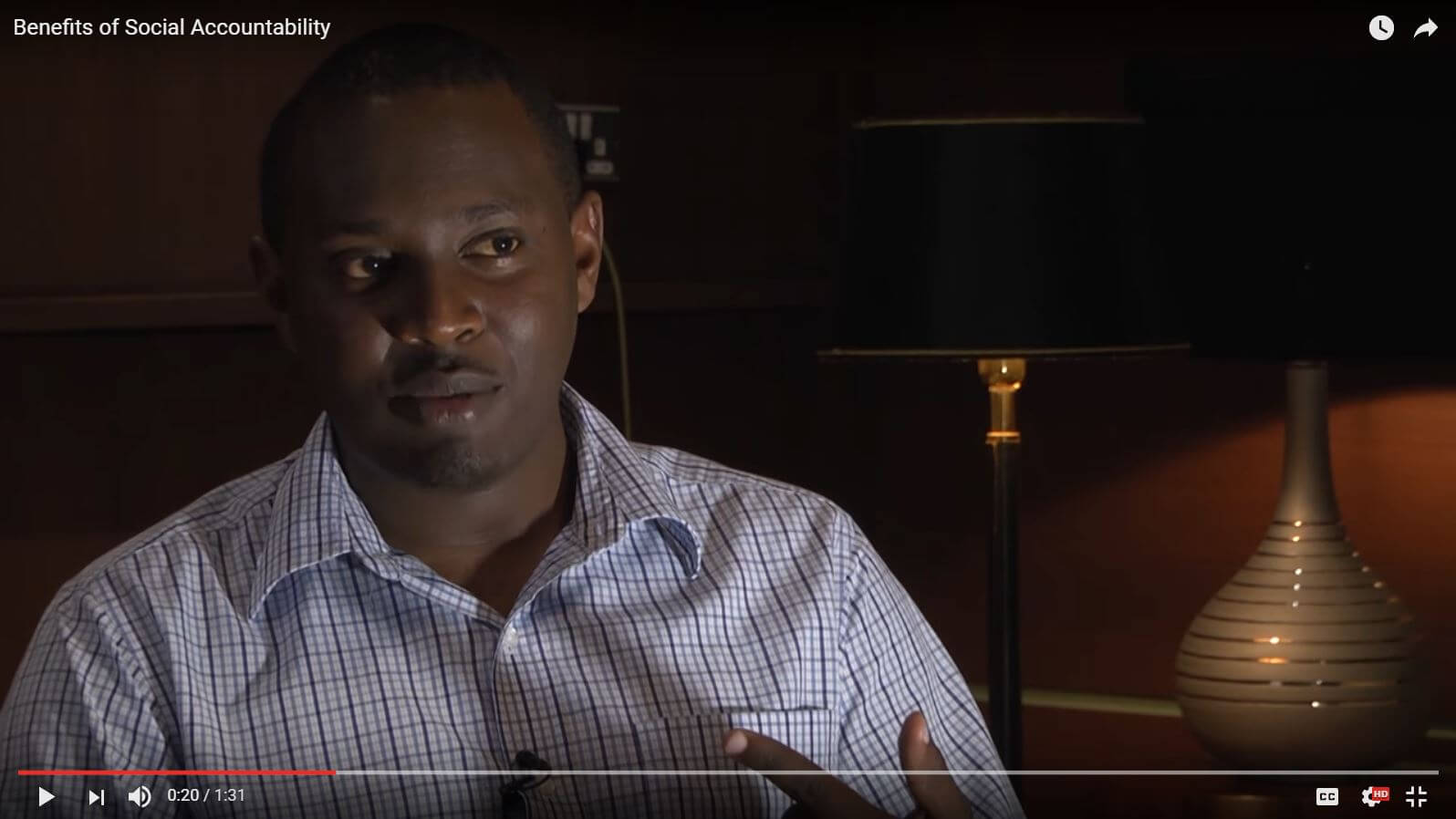In a series of interviews with partners on the Transparency and Accountability Program, civil society leaders from Kenya, Uganda, Tanzania, and Burkina Faso present their views on the value of social accountability and examples of why it works.
Interview #1: Problems Social Accountability Can Address
In many countries, health services are inefficient and of low quality, resources are lacking, and citizens are not aware of their basic rights. Social accountability can address these issues across sectors. Learn more about how civil society organizations across Africa have used social accountability techniques to address these problems and more.
Interview #2: Examples of Citizen Empowerment and Social Action
Social accountability does not stop at just identifying problems. It requires social action to demand government, service providers, and others improve services and be held to account for meeting their existing obligations. When citizens are aware of their entitlements and actively participating in monitoring services and spending, they become empowered to demand change and their collective voice grows.
Interview #3: Benefits of Social Accountability
Social accountability is a “key pillar to development.” It provides the essential opportunity for communities to voice their priorities and be engaged in improving development outcomes. Social accountability tools fill a gap. They provide CSOs with a systematic way to engage communities and conduct advocacy, while monitoring the services that government does not have the resources to monitor.
Interview #4: What you can do to support social accountability efforts
Interested in learning more or implementing social accountability projects within your organization? Take advice from practitioners who have been through this process – connect with other CSOs, learn what has worked and what hasn’t, and develop innovative approaches to improving service delivery outcomes!

















